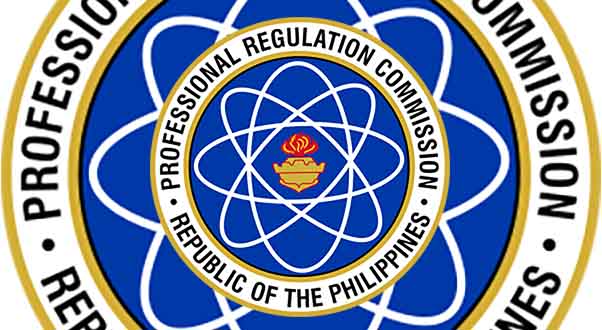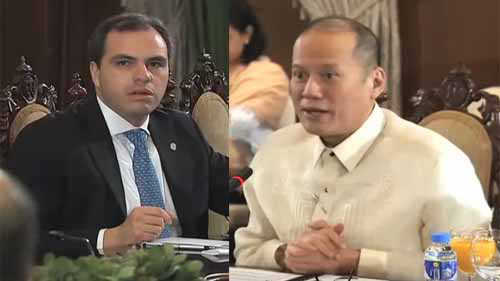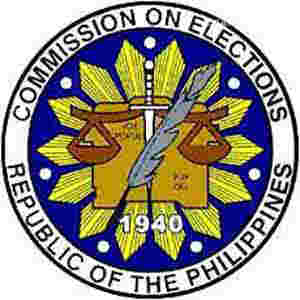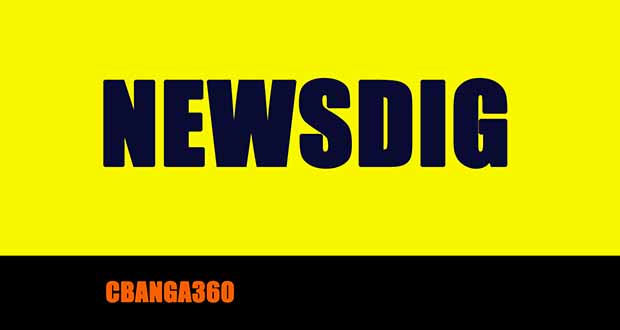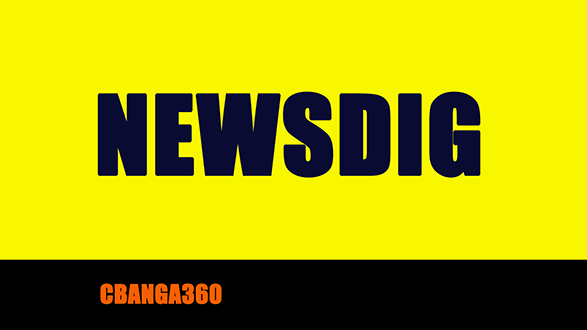MANILA, March 16 — Speaking on the funding issues surrounding the proposed Bangsamoro region, Department of Budget Secretary Florencio Abad said, “We must consider the prevailing conditions in the current Autonomous Region in Muslim Mindanao (ARMM). The region requires strong and consistent funding support to lift it out of poverty.”

Three ARMM provinces—Sulu, Lanao del Sur, and Maguindanao—are among the poorest in the Philippines. Under the 2015 Budget Priorities Framework, Sulu was categorized as a Focus Geographical Area (FGA) with high poverty magnitude while Lanao del Sur and Maguindanao were determined to be FGAs with high poverty incidence.
The continuing conflict in the area has exacerbated the conditions of poverty there, with estimated damages amounting to Php20 billion per year from 1970-2001, including damage to property and livelihood. Additionally, there were an estimated 120,000 human casualties between 1970 and 1996.
The proposed funding, based on the provisions laid out in the draft Bangsamoro Basic Law (BBL), amounts to approximately P35 billion in the first year of the new Bangsamoro region. This amount includes a one-time-only fund of P1 billion for the proposed Bangsamoro Transition Authority towards organizing their systems and structure; a Special Development Fund aimed at rehabilitating the region, amounting to P7 billion in the first year; and an Annual Block Grant (ABG), amounting to four percent of the net national internal revenue (NIR) collection of the Bureau of Internal Revenue (BIR) less the internal revenue allotment (IRA) of local government units (LGUs). This ABG is actually 2.4 percent of the BIR’s net NIR collection, estimated at P27 billion.
The existing ARMM regional government is already receiving an annual subsidy (P24.3 billion in 2015), but the subsidy will be called a block grant under the BBL. This proposed block grant, while automatically appropriated to the Bangsamoro Government, will be subject to the safeguards and transparency measures that govern other budgetary releases. Likewise, the BBL, if passed, would create an internal auditing body that shall keep track of government expenditure.
The Bangsamoro government would be entitled to 75 percent of taxes, fees, and charges collected by the National Government within the region, a 5 percent increase from the amount ARMM already receives. For a period of ten years, the Bangsamoro Government would retain the 25% share of the National Government.
- Road Tour Calabanga:San Pablo to Amang Hinulid - August 31, 2022
- Miss U Catriona Gray Rumampa ng Suporta sa Tropa - May 9, 2022
- Dalawang Shoutout SOX People’s Rally for Leni - April 4, 2022




































